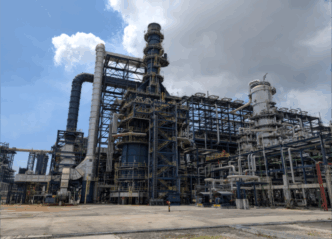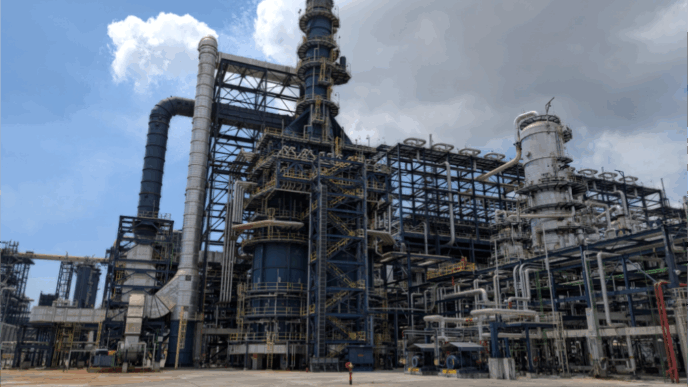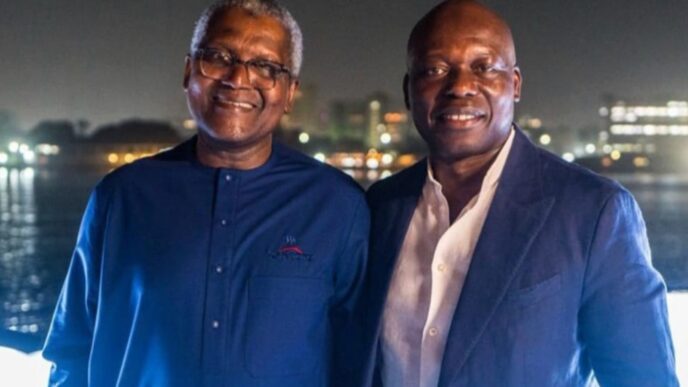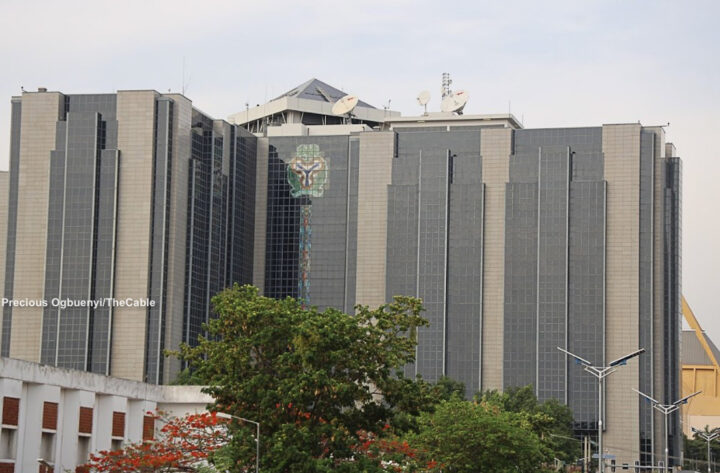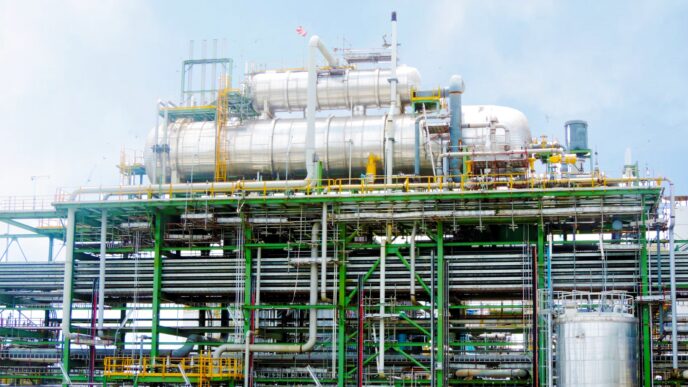Fatih Birol, the executive director of the International Energy Agency (IEA), says global oil prices are expected to remain moderate in the coming weeks despite geopolitical tensions across major producing regions.
Speaking on Sunday during an interview on Bloomberg Television, Birol said a combination of strong production growth from the Americas and slowing demand has kept the market well balanced.
He described the United States, Canada, Brazil, Guyana, and Argentina as the “American quintet” driving the surge in production that continues to outpace demand.
“When we look at the oil markets, we see a surplus of oil production,” Birol said.
Advertisement
“This growth from production is much stronger than the growth of oil demand. Oil demand growth is getting weaker and weaker as a result of the Chinese economy changes from a heavy industry-based economy to a lighter economy. Plus, electric cars are eating a bit of the oil demand growth.
“So to put them together, strong growth of production coming from Americas plus the weaker demand of oil means downward pressure on the prices.”
The IEA boss noted that despite geopolitical tensions in the Middle East, Russia, and Ukraine, oil prices have remained relatively steady at about $60 per barrel.
Advertisement
He said the current price stability is “good news” for oil-importing countries and consumers, adding that developments such as the China-US trade deal may provide a limited, short-term boost to prices.
“Today’s news about the China-U.S. trade deal may give a slight boost and a limited boost to the oil prices. But in general, I expect a rather moderate prices in the next days and weeks to come bearing major geopolitical events,” he added.
On possible new sanctions targeting Russia, Venezuela, and Iran, Birol said such discussions are ongoing but are unlikely to cause a major disruption in the oil market.
“Unless they all come together in a big time, I don’t expect a major shakeup in the oil markets thanks to growth of production coming from the Americas and also change of oil production policies of OPEC+ countries,” Birol said.
Advertisement
“We shouldn’t forget that oil demand growth is slowing down as a result of all of these trends.”
Looking ahead, the IEA executive said by 2026, oil markets would remain well supplied and prices moderate — a development that could support lower inflation and improve trade balances in many countries.
‘A MAJOR NEW WAVE OF LNG EXPORT CAPACITY COMING TO MARKET’
Speaking on developments in the gas markets, he said a new wave of liquefied natural gas (LNG) export capacity, mainly from the US, Canada, Qatar, and Australia, will reshape global supply dynamics between 2026 and 2030.
Advertisement
Birol said while LNG demand will continue to grow, the uptick in supply will be far greater, transforming the market from one dominated by sellers to one favouring buyers.
This, he said, will put downward pressure on LNG prices.
Advertisement


